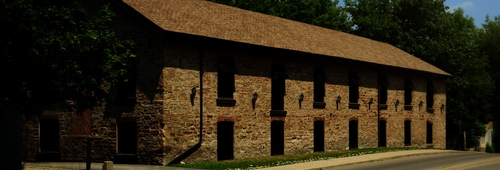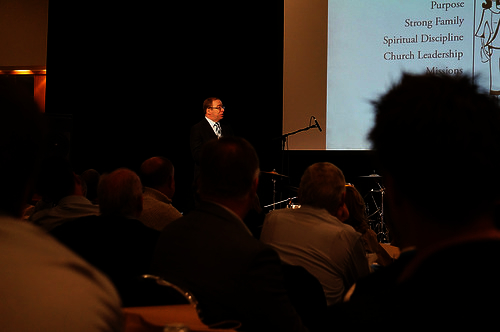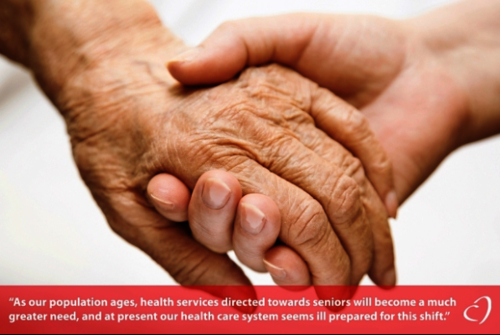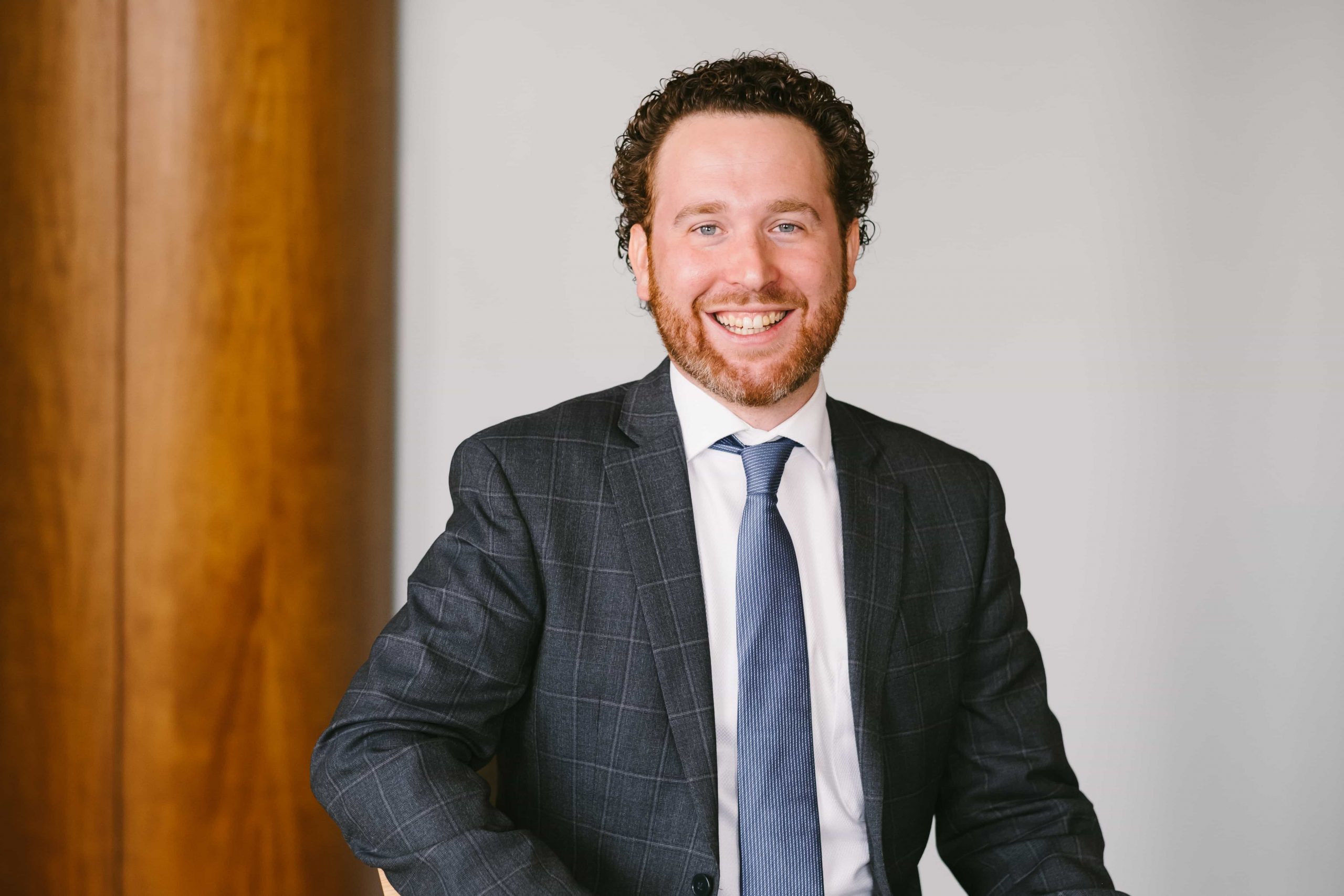Cardus Proposal to Restore Auchmar Statement from Michael Van Pelt, President of Cardus June 17, 2015The allegations about Cardus published in the Hamilton Spectator are misleading, inappropriate, and discreditably sourced ("Christian think-tank Cardus considering $6m purchase of historic Auchmar" by Andrew Dreschel, June 12, 2015). The work of our organization has positively contributed to Hamilton and to Canada over the last 15 years. We are proud of the heritage-minded and civic-minded restoration we have proposed for the Auchmar property. We wholeheartedly agree that our City Of Hamilton ought to conduct its due diligence for this important proposal, and expect nothing less.Cardus publishes research and opinion for the benefit of all Canadians, in all their diversity and plurality of ideas and beliefs. We daily welcome input in an open and transparent manner. We are committed to improving the health of Canadian debate and Canadian leadership. Our cause of renewing Canada's "social architecture" represents a 15-year track record engaging hundreds upon hundreds of authors and contributors, interviews with former Prime Minister Paul Martin and Governor General David Johnston, major events with former Bank of Canada governor Mark Carney, and public conversations with planners and community activists leading Hamilton's social institutions.One of our earliest research projects, titled Living on the Streets and freely available even now on our website, argued that the social provisions of Hamilton's 170 religious communities (of all faiths) were economically vital and politically underrepresented. On Locke Street, for example, without St. John the Evangelist, Melrose United, and Stanley Street Baptist, would there have been economic revival? We published that report at Hamilton City Hall a decade ago, in the company of city councillors, police representatives, and staff from Hamilton's Social Planning and Research Council (SPRC). Our research on these lines now extends to cities across Canada, including a successful collaboration with Major Nenshi in making changes to the Calgary City Centre plan.I am deeply hurt by the hasty labelling of our institution by Mr. Dreschel. We are also concerned that he knowingly sourced the allegations against us, at least in part, from supporters of failed bids for the Auchmar property. Even then, those with "axes to grind" could use against us only what is freely available on our own website. None of our research, or the opinions of our contributors, are hard to find. Cardus is an open and transparent organization: our archive of thousands of articles, by over 1,000 contributors, over nearly 35 years, is published for all to see on our website.Cardus is a hospitable and enthusiastic citizen of Hamilton's downtown. We already occupy and have actively improved a heritage building in the Corktown neighbourhood. We have repeatedly invited Mr. Dreschel, Hamilton's city councillors, and all of Hamilton to visit our team and tour our shop, including through the Open Doors movement. We have also repeatedly told the City and its representatives, over several years, that we will gladly step aside to another community organization that could demonstrate the ability to fund and maintain Auchmar—another position we still maintain. Councillor Johnson told Mr. Dreschel he needed to be reassured of Cardus's good value. The City and its leaders will judge the value—to Hamilton's citizens and heritage advocates—of our proposal to restore Auchmar. And as for Cardus, we are pleased to study and promote a thriving city of Hamilton, and a healthy Canadian society, and we invite fair-minded scrutiny of our mission and accomplishments.Michael Van Pelt President, Cardus

Cardus Proposal to Restore Auchmar
June 17, 2015

CACE: Cardus research shows private schools contribute to public good
At the Center for the Advancement of Christian Education's website, Cardus research was referenced to show that all education is public education. In The Cause of Christian Education, Richard Edlin explores the reasons for and the distinctives of Christian education at the school and higher education levels. "Two detailed investigations in recent years have strongly indicated the excellent contribution that students from Christian school backgrounds make to society," he writes. "I refer to the long term and continuing study undertaken in Canada by the Cardus think tank, and the research undertaken by Jennifer Buckingham of the Centre for Independent Studies in Australia." Read the full article here.
June 3, 2015

Stronger Together 2015 announces recipients
Stronger Together has announced the recipients of their $500,000 pledge to twelve Canadian organizations involved in seeking creative solutions to ongoing issues in our world. The consortium behind these grants is made up of four partners: Acts of Grace Foundation, Bridgeway Foundation, John and Rebecca Horwood, and Mitchell Family Foundation. Cardus is honoured to have received a grant that will help fund our Health project, which seeks to change the public conversation around end-of-life care in Canada. Our recently released report, "Death Is Natural," shows the significant concern most Canadians feel about their end-of-life planning that we believe could be alleviated. Stronger Together is a group of donors that believe collaboration boosts efficiency. This cooperative values creativity and collaboration in charities and seeks to support those initiatives. To learn more about the work that Stonger Together is doing, visit them at www.strongertogethergrants.ca.
June 1, 2015

Ray Pennings gives keynote in Canberra
Are Christian schools delivering on their promises? Cardus executive vice president Ray Pennings joined attendees of the 2015 Christian Schools National Policy Forum in Canberra, Australia, to help answer this question and further the conversation using data from the Cardus Education Survey.Ray Pennings - Christian Schools National Policy Forum 2015 from Christian Schools Australia on Vimeo.
May 25, 2015

Ambassadors visit Cardus
The Cardus team was honoured to host a luncheon with Her Excellency Petronila Garcia of the Philippines, His Excellency Jose Fernando Moreira da Cunha of the Portuguese Republic, and His Excellency Andrej Droba of the Slovak Republic. Also in attendance were special guests including Gregg Hinzelman of Power to Change Ministries, Darlene McLean and Robert Montgomery of the Christian Embassy, and David Sweet, M.P. Ancaster-Flamborough-Westdale. Several members of the Cardus board joined the luncheon as well.An exciting conversation about the role of government in society followed, as the ambassadors each shared about the countries they represent. The guests also took time to talk with Cardus staff about their projects. To view more photos of the event, visit our Facebook page.
May 20, 2015

Cardus report on end-of-life care in Canada released: “Death Is Natural”
When asked to think about their end-of-life planning, 75% of Canadians express a desire to die in their own homes. Yet in actual fact, 70% of Canadians die in hospital. So it shouldn’t come as a surprise that a new Nanos Research poll, commissioned by Hamilton-based think tank Cardus, showed that 73% of Canadians fear their end-of-life wishes will not be respected in whatever setting they pass their final days.The research team at Cardus believes there are ways to alleviate that fear. Building on good work done by the 2011 Parliamentary Committee and hundreds of excellent organizations in this field, the think tank is releasing a report entitled “Death Is Natural.” Download a copy of the report here. Today’s launch of Cardus Health sees the think tank entering the health care space with a unique anchor: emphasizing the social structures that undergird the common health institutions we see every day. Cardus aims to contribute to the public dialogue regarding aging and the provision of health care, while respecting the dignity of human life and promoting small, incremental improvements to public policy and practice. “I’m becoming increasingly convinced that in addition to palliative care, the gamut of enmeshed family, community, and spiritual supports necessary for best-practice end-of-life care are being ignored to the detriment of all Canadians,” wrote Cardus executive vice president Ray Pennings in an op-ed for the Vancouver Sun in February. In “Death Is Natural,” Cardus Health is advancing research on Canadian end-of-life care by examining three aspects of the subject:The need to build a social system that supports the desire of Canadians for a natural death—dying of natural causes in natural environments surrounded by natural caregivers.The recognition that not only the patient but also the natural caregivers need to be the focus of support, and thus the full range of social institutions best equipped for natural deaths need to be made more available to more Canadians.The delivery of care not as a series of difficult choices, but rather as a continuum of care in which there is a seamless continuity of end-of-life care supports and settings.Cardus has made this report available online, along with more resources and information on the improvement of end-of-life care. Visit cardus.ca/health for more information about this project.
April 29, 2015

Canada’s 2015 Federal Budget: A signal to the middle class
Government budgets always involve “cheques and balances,” but election-year budgets are equally about messaging and vote-getting. Many of the key messages were leaked in advance. A $1.4 surplus after seven years of deficit is designed to mark the success of the Economic Action Plan in response to the 2008 international economic collapse. Balanced budget legislation is designed to make it more difficult for future governments to return to deficit. When it comes to overall economic growth and jobs, the government is sending a cautious signal. Slow growth rates are assumed, and contingencies designed to allow for unforeseen changes in economic circumstance reinforce a cautious forecast. The complicated impact of lower oil prices are also highlighted. As a net exporter of oil, lower prices reduced our gross domestic product and the value of our trade. However, they also freed up over $12 billion for consumers to spend on other products (about 1 percent of the GDP) over the past few quarters. The “supporting jobs and growth” agenda relies on a catalogue of tweaks to tax rules (lowering the small business tax rate from 11 percent to 9 percent), encouraging the harmonization of apprenticeship training across provinces, and adjusting the formulas that determine eligibility for student loan programs. Many will be affected (albeit in relatively small manner) by specific measures. The big-ticket items are infrastructure investment, especially transit infrastructure, spread out over time. Bridges, highways, water treatment plants and ports are highlighted as “shovels in the ground” projects, undoubtedly with a prominent government promotion sign reminding voters that their tax dollars are working for them. Though budgets are more than balance sheets and dollars, we make important statements about our social priorities through our financial priorities. A very welcome inclusion in this budget is the extension of the Compassionate Care Benefit, effective January 2016. Presently, if someone receives a terminal diagnosis of six months, family members can receive up to six weeks of combined income support in order to provide care for their dying relative over that period. Building on the recommendations of an all-party 2011 Parliamentary report and the advocacy of various groups (including Cardus), this budget increases the benefit from six weeks to six months, at an estimated annual cost to the EI system of $37 million. There are many other groups who are similarly supported. Measures targeting support for those with autism, an extension of the Registered Disability Savings Plan, and a provision that will allow charities to receive private shares donations exempt from capital gains tax are but a few of the very specific targeted supports that are included in the budget. The federal budget comprises 518 pages worth of details, covering a wide range of initiatives. However, at its core, the message is straight-forward. The books are in balance and the government intends to keep it that way. Tax cuts are a priority and there is a reliance on the private sector to create jobs. Incentives for individuals to save money, whether through an expanded Tax Free Savings Account or changed Registered Retirement Income Fund rules for seniors, are designed to create less reliance of government. The task of government in the economy is seen as one in partnership and cooperation with other groups, from other levels of government to private-public infrastructure plans. Undoubtedly this budget will be pitched as support for middle class families—that coveted middle space of uncommitted voters who will decide the next election. The Conservative appeal to the middle class is to pitch them as consumers: “We’ll leave you with enough of your own money.” It’s about savings and private-sector opportunity, with the government’s focus on opening up trade and catalyzing activity through very targeted limited projects. Time will tell what the opposition responses will be, but if they follow the narrative they have been following since the Throne Speech, they will seek a different appeal to the middle class. The opposition New Democrats focus on expanding the middle class with an increased minimum wage, subsidizing daycare, and using the tax system to bring more people into the middle class and lessening the extremes. The Liberals call for “giving the middle class a raise,” saying government should build new infrastructure and taking a more prominent, visionary leadership role. It would seem that at least part of the decision voters will be determining in Election 2015 is how the government should support the middle class. The Conservatives say it’s by getting out of the road, leaving them with more of their own money to save and spend as they see fit. The New Democrats imply that it is by using the tax system to ensure that more are included and that the middle class is, in fact, the biggest class. The Liberals have argued that the government needs to use its influence to give the middle class a raise, investing in infrastructure and other programs that will help us dream big dreams together. Yes, it’s a budget, but it’s also another warm-up for the not-yet-official election campaign. On the surface, it sounds like a “muddle in the middle.” However, there are fundamentally different presumptions about what defines these voters. And as non-ideological as most Canadians think themselves, it may in fact be their implicit anthropology that is a significant determinant of the next election campaign. When forced to prioritize, is it our consumerism, entitlement, or shared aspiration that will come out on top?
April 21, 2015

A budget for ‘the middle class’
Ottawa, Ontario—It’s a middle-class budget. But what exactly does “middle-class” mean? Government budgets always involve “cheques and balances,” but election-year budgets are equally about messaging and vote-getting.An exciting and very welcome inclusion in this budget is the extension of the Compassionate Care Benefit, effective January 2016.Presently, if someone receives a terminal diagnosis of six months, family members can receive up to six weeks of combined income support in order to provide care for their dying relative over that period. Building on the recommendations of an all-party 2011 Parliamentary report and the advocacy of various groups (including Cardus), this budget increases the benefit from six weeks to six months, at an estimated annual cost to the EI system of $37 million.To access an analysis of this year's budget by Ray Pennings, click here.
April 21, 2015

Is religious freedom cause for discrimination or a foundation for diversity?
This week, the Institutional Religious Freedom Alliance's Stanley Carlson-Thies, also a Cardus senior fellow, reported in the Center for Public Justice's Capital Commentary on what religious freedom in the United States actually entails. "Should it be required that we all shed those convictions and identities when we interact outside of our families and places of worship and enter the public square to serve or be served?" Carlson-Thies asks. "A place to start is with a vision of the public not as uniform, but rather as diverse and heterogeneous." We are a society of heterogeneous convictions: multiple religions, different philosophical systems, varied identities, and contrasting convictions about many serious matters. It is not just, nor workable, to demand that we all shed those convictions and identities when we interact outside of our families and places of worship and enter the public square. Or, more accurately, it is not just, nor workable, to demand as the price of entry to the public square that those persons and organizations with countercultural minority views, people and groups out of sync with the current majority views about religion, sexuality, relationships, and life, must leave their views behind and conduct their lives and their organizations as if they agreed with the majority.Find this article in full at the Capital Commentary website.
February 27, 2015



